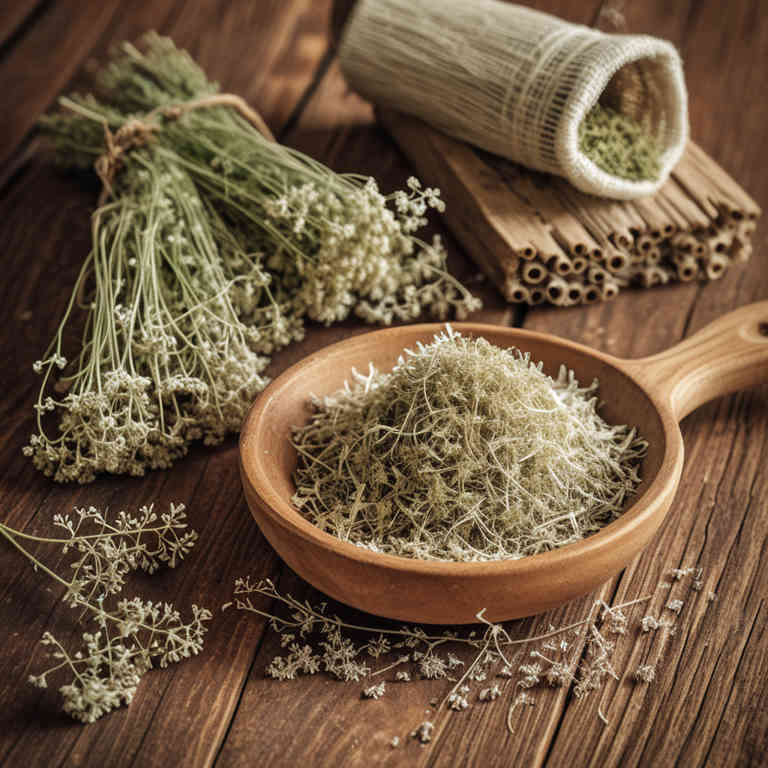Pimpinella anisum mucillage for medicinal use

Pimpinella anisum mucillage is a viscous, sticky substance derived from the seeds of the anise plant.
It contains a high concentration of mucilage, a natural polysaccharide that has soothing and demulcent properties. In herbalism, this preparation is used to coat and protect irritated mucous membranes in the respiratory and digestive tracts. It is often employed to alleviate symptoms of coughs, sore throats, and gastrointestinal discomfort.
Its mild and gentle nature makes it suitable for use in children and individuals with sensitive systems.
Uses
Pimpinella anisum mucillage has been used to treat digestive ailments and respiratory conditions for centuries.
Historically, it was valued in traditional medicine systems such as Ayurveda and Chinese medicine for its soothing and anti-inflammatory properties. The mucilage, derived from the seeds of anise, was often used to ease coughs, reduce inflammation, and promote healthy digestion. In modern times, it is still used in herbal remedies and dietary supplements for its potential to support gut health and alleviate symptoms of respiratory disorders.
Its continued use highlights its enduring relevance in both traditional and contemporary therapeutic practices.
Benefits
Pimpinella anisum mucillage has health benefits such as aiding digestion, reducing inflammation, and supporting respiratory health.
This herbal preparation is known for its soothing properties, which can help alleviate symptoms of gastrointestinal discomfort. It may also act as a natural expectorant, making it beneficial for those with respiratory conditions like coughs or bronchitis. The mucilage content provides a protective layer in the digestive tract, promoting overall gut health.
Additionally, it is often used in traditional medicine for its calming and anti-inflammatory effects.
Constituents
Pimpinella anisum mucillage active constituents include anethol, estragole, fatty acids, mucilage, and essential oils.
These components contribute to its traditional use in soothing digestive discomfort and reducing inflammation. Anethol and estragole are known for their carminative and antispasmodic properties. The mucilage provides a protective coating for the gastrointestinal tract, aiding in relieving symptoms like bloating and indigestion.
Overall, this preparation is valued for its potential to support digestive health and ease gastrointestinal distress.
Preparation
To make Pimpinella anisum mucillage, start by gathering high-quality anise seeds.
Next, grind the seeds into a fine powder using a mortar and pestle or a spice grinder. In a saucepan, add the ground anise seeds to a small amount of water and bring it to a gentle simmer over low heat. Allow the mixture to simmer for about 15-20 minutes, stirring occasionally, until a thick, mucilaginous texture forms.
Finally, strain the mixture through a fine mesh strainer or cheesecloth to separate the liquid from the solids, and store the mucilage in a clean, airtight container in the refrigerator.
Side Effects
Pimpinella anisum mucillage may lead to gastrointestinal discomfort, including bloating, gas, and stomach cramps.
It can also cause allergic reactions in individuals sensitive to anise or related plants. Prolonged use may result in dependency or reduced effectiveness of the preparation. In some cases, it may interact with medications, particularly those affecting the digestive system.
It is important to consult a healthcare professional before using this preparation, especially for individuals with pre-existing medical conditions.